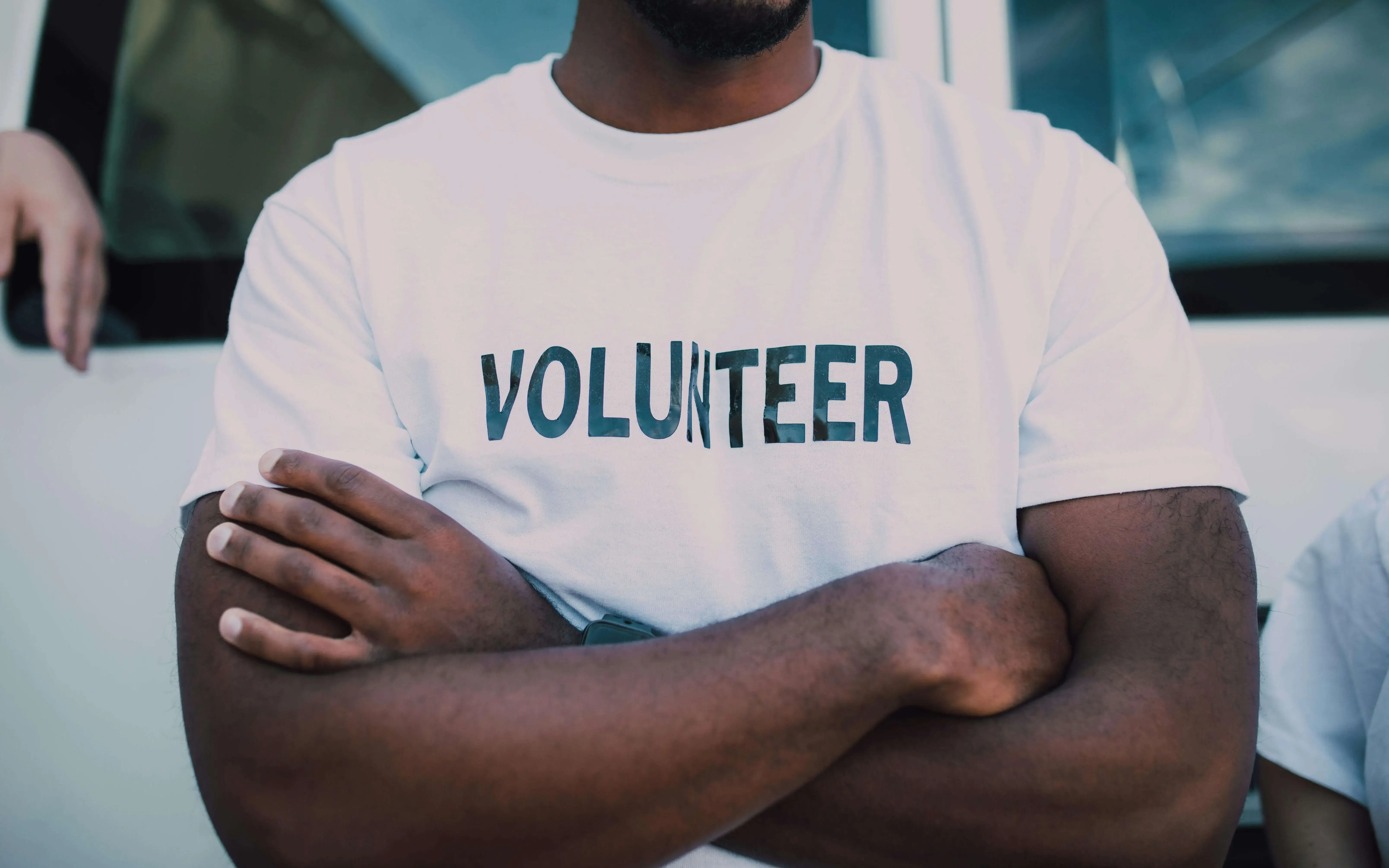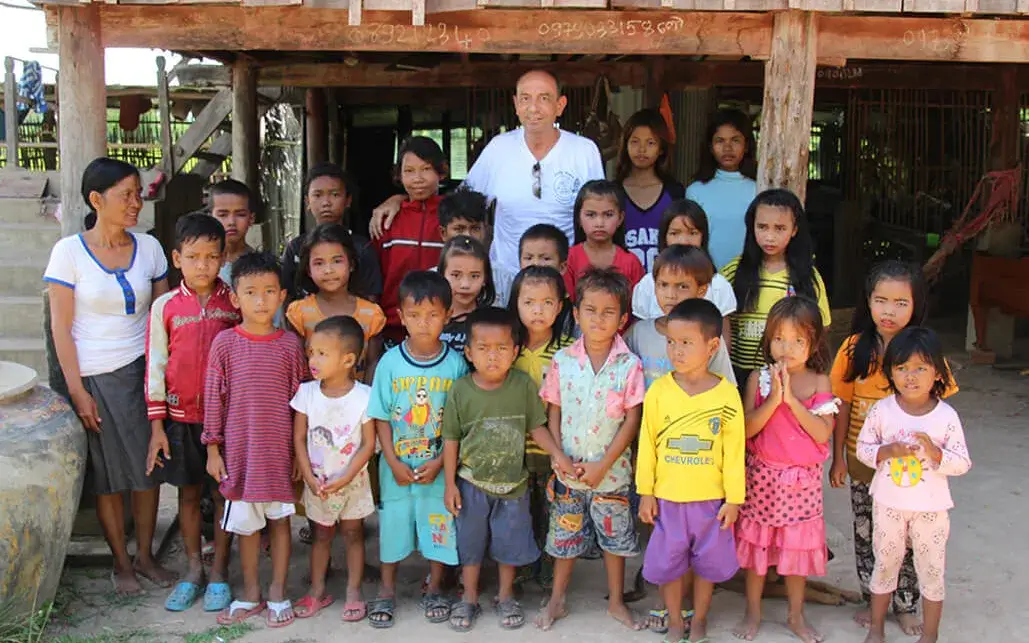People who engage in volunteering must work on introspection, they must question their “me” and how it fits in the world and in relation to others.
People who decide to join a team of volunteers don’t just take away and experience, but they also can develop a wide range of skills. Bearing this in mind, the Catalan Ministry of Social Rights has issued a 'Preliminary handbook and dictionary of skills and meta-skills for volunteering', promoted by the Catalan Regional Government.
This handbook brings together and offers detailed explanations of all the skillsets and abilities that are developed through volunteering, as an essential part of what volunteers must learn through their volunteering actions.
More concretely, metaskills relate to our being in an esoteric sense, beyond our ego; they constitute a group of more spiritual skills that are reflected in the different situations of our “me” from which people think, do, and feel.
For instance, spirituality is one’s ability to go beyond our egoic “me” and to connect with our essence in a deeper sense. This ability is the foundation for all other metaskills and opens the door to a whole set of similar skills.
Related to the way in which our “me” sees itself, we also find the ability of being nobody, meaning one’s ability to become detached from our “me” and transcending the false identity of our ego.
Therefore, we can say this set of skills are most inner skills that a person can develop, and that is also why they are more complex, as are the abilities that arise from them.
The transversal attitude of our “me”
A metaskill can also be seen as any state adopted by our “me” in our day-to-day. For instance, we find serenity, which is the feeling of calmness and being focused on our inner world, impregnating our way of existing in the world.
Moving on to slightly more concrete skills we find love and love combined with humour. Both skills define the energetic presence of an individual, the first from a sense of love that facilitates a sense of fulfillment and happiness, and the second is a stat that combines the first with the presence of humour, defining a person that is in a dedramatized state, that is authentic and accepts him or herself and life.
Looking outwards: the “me” and our surrounding
All metaskills are related to our sense of “me” and the space and time in which it moves, because our “me” is “me” at all times. However, there are skills that are explicitly related to the way in which a person relates to their surrounding or context, in the broader meaning of the word.
The first way in which a person relates to their surroundings, especially volunteers, has to do with the ability of being present. It is the ability to stay connected to the here and the now, defining the ability to being open to the present in silence, ready to be surprised.
This openness also elicits the metaskill of wise ignorance, understood as being connected with one’s intuition but also with our rational side, developing our ability to interpret our surrounding and act in consequence. This may also be applied to the environment, working on an environmental wisdom focusing on being part of nature and the impacts our actions on the environment.
Along the lines of being connected to our surroundings, we have a skill called plasticity, which is no more and no less that being flexible and proactive and acting based on a vision that is coherent with reality.
Our “me” in community
There are also abilities that, even if they are metaskills, and therefore refer to the attitudes and states of our “me”, also reflect the way in which a person interacts with their community. That is why these skills are so closely linked to social justice and, hence, the work of a volunteer.
Under this category we find skills such as compassion, which is the ability to lower the suffering of other and being in touch with vulnerability, but from an empathic position, not taking pity on others.
We also find the skill of ethics, meaning one’s ability to always act with the intention of not causing harm and based on equity. This ability, if it is adequately developed, helps a person calculate the consequences of their actions to act following these principles.
Another metaskill under this category is humbleness, understood as the ability to be aware that we are on an equal level with all other beings. Being on an equal level should not, however, stop us for assuming neo-leadership which, for its very nature, isn’t about acting as a boss or manager, but rather with our ability to promote social transformation and common good for all beings.
Our “me” in relation to others
The last type of metaskills reflect the abilities we put into practice during our actions, whether when volunteering or more generally, basically in relation to others.
Here we find altruism, meaning when a person can focus on the needs of others and respond to their needs proactively promoting a sense of selflessness.
Finally, the final metaskill defined in the handbook is parrhesia; this is someway influenced by all other metaskills and has to do with the ability to speak frankly, with authenticity, ethics and love, saying what we need to say, and not what others want to hear.







Add new comment